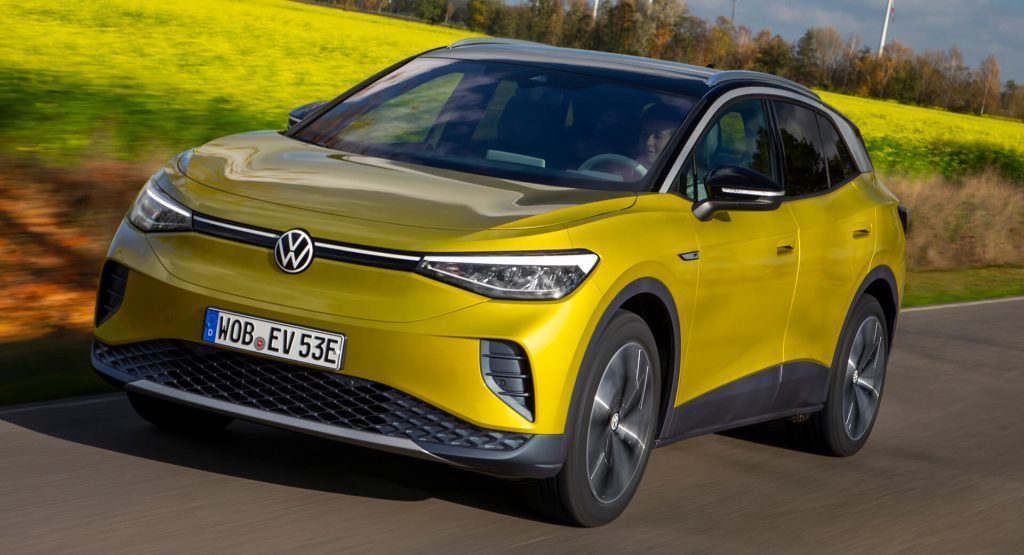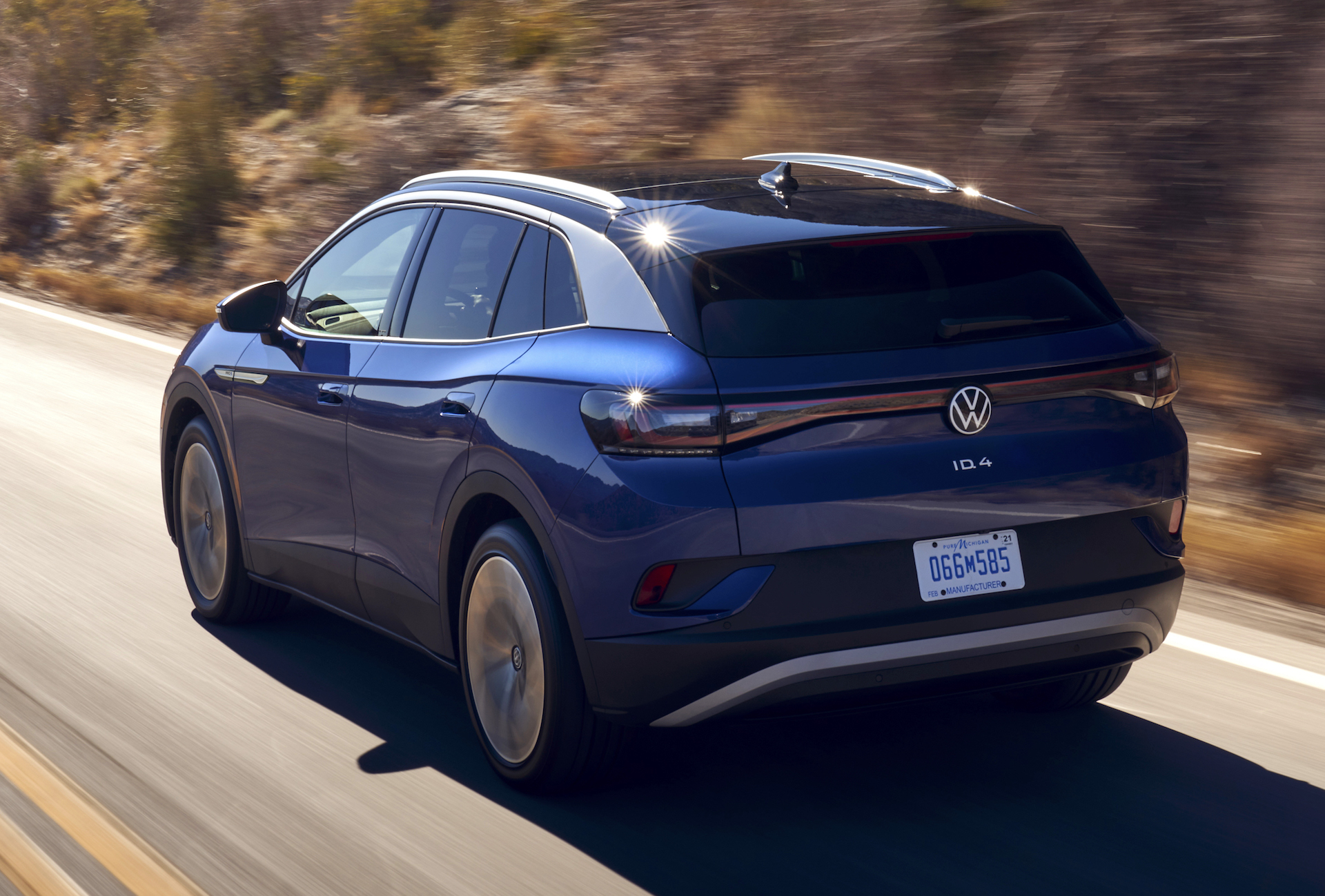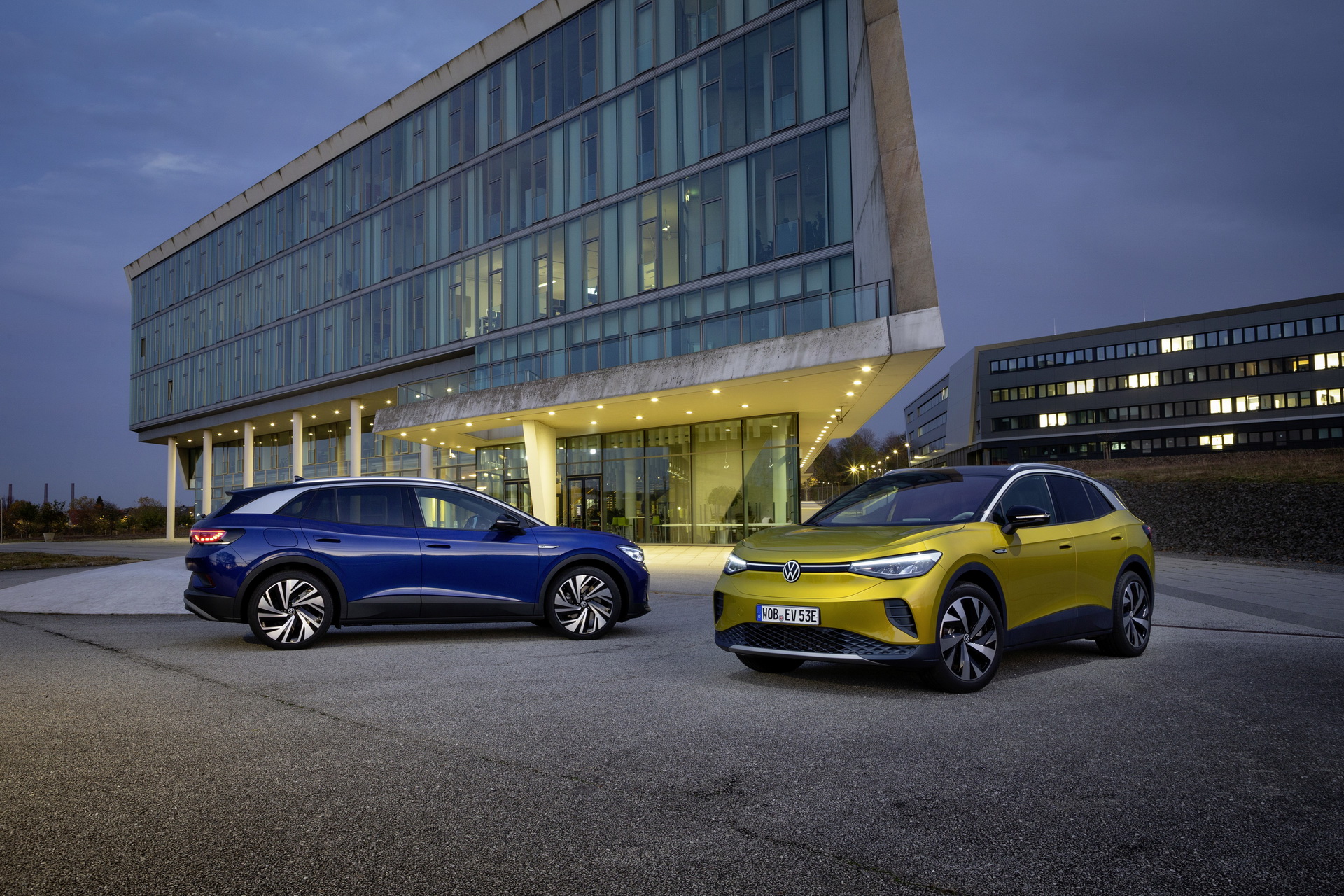Volkswagen has admitted that the all-electric ID.4 is not yet profitable but is confident it can start making money on the EV during its first lifecycle.
According to the head of development for VW passenger cars Thomas Ulbrich, the current price of the ID.4 means the automaker isn’t yet making money on it. He believes that one of the reasons the SUV is not yet profitable is due to the company still ramping up production at its assembly plant in Zwickau, Germany.
“It is not just only a question of development of the car, it is also a portion of the ramp-up in the plant. Everything is new, you have not [reached peak] efficiency, and so on,” he told Auto News. “And this is one point of the situation that you really have to optimize, and then it becomes a step-by-step after this ramp-up, including the optimization inside of the product.”
Read Also: VW ID.4 Successfully Completes NORRA 1000 In Baja Peninsula
VW believes that the growing number of electric vehicles will drive down purchasing costs and make them more affordable. However, according to the president of consulting firm CarLab, Eric Noble, that may not be so easy because the supplies of materials used in EV batteries will become constrained as the demand for electric vehicles increases.
“VW surely has the best intentions, but they are playing catch-up,” Noble said. “What they will discover with experience is that, as they lower the cost of the packaging and cooling around the cells themselves, the percentage of the battery’s cost that is raw materials rises. Those raw materials are earth minerals, and the price of those rise with demand — the same as iron ore, gold, diamonds and crude oil. When demand rises, prices rise, too,” he added. “This is a tough lesson for carmakers used to lowering their costs with volume. These are not assembly costs; they are mineral costs, and mineral prices do not work that way.”
According to Ulbrich, Volkswagen is focusing on improving battery efficiency and reducing the costs of raw materials, separators, and thermal management systems. The company also plans to use solid-state batteries when the technology is ready but until this happens, Noble argues that “VW shareholders, or German taxpayers, had better be prepared to massively subsidize every full VW BEV.”





